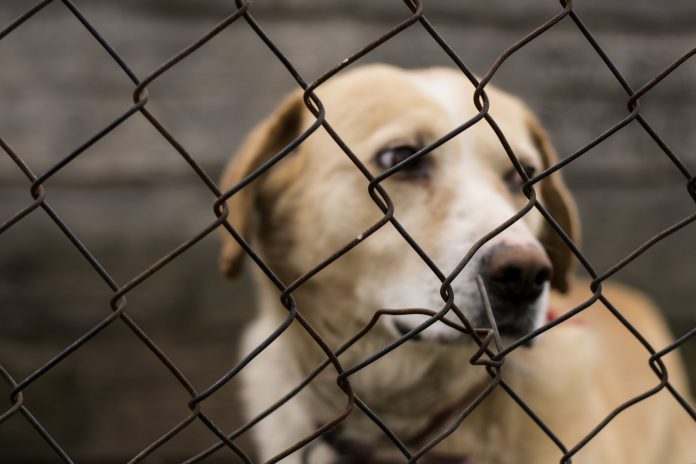
By Michelle Slater
Latrobe City is ranked in the top 10 worst local government areas for animal cruelty reports, according to the latest RSPCA figures.
RSPCA Victoria’s annual review of cruelty reports found Latrobe City was eighth in the state with 318 reports in 2020-21. Greater Geelong City Council had the highest number with 640 reports.
The top three animals of concern in Latrobe City were dogs making up 183 reports, horses and cats.
The most common complaints surrounded poor husbandry and conditions with 145 reports on the matter, followed by 103 reports of underweight animals, and 88 reports of insufficient food.
RSPCA chief inspector Michael Stagg said there had been a “concerning trend” between pandemic lockdowns and increasing reports of animal beating and wounding.
“COVID has created a significant amount of pressure on people. When there is financial stress, mental health or drug and alcohol issues, animal cruelty and neglect tends to increase,” Mr Stagg said.
“It is also possible that reports have increased due to people being at home for longer periods.”
The RSPCA investigates reports of animal cruelty involving companion animals which includes horses, livestock in herds of less than 10 and poultry in flocks of less than 50.
Reports involving larger herds of livestock or wildlife are referred to other agencies for investigation.
Statewide, reports of animal cruelty rose by 13 per cent. Inspectors responded to 10,700 cases, with the organisation taking in more than 1500 seized or surrendered animals.
Neglect continued to be the biggest animal welfare issue, making up about half of all reports.
“With the high number of people adopting or taking on pets during COVID, it’s vital that people understand how to look after their pet and what good welfare looks like,” Mr Stagg said.
“Research what your pet needs in terms of food, shelter, grooming, exercise, training, vet care and companionship and if you’re not sure, give us a call or make contact.
“We always prefer to help prevent welfare issues, than be called up when it’s too late.”
Inspectorate veterinarian Rebecca Belousoff said neglect far outweighed other forms of cruelty reported to RSPCA.
“The high number of cruelty reports involving animal neglect is sad and frustrating given how preventable most are,” Dr Belousoff said.
“What people don’t realise is that lifelong medical and behavioural problems can result from starvation or not getting vet treatment in time.”











